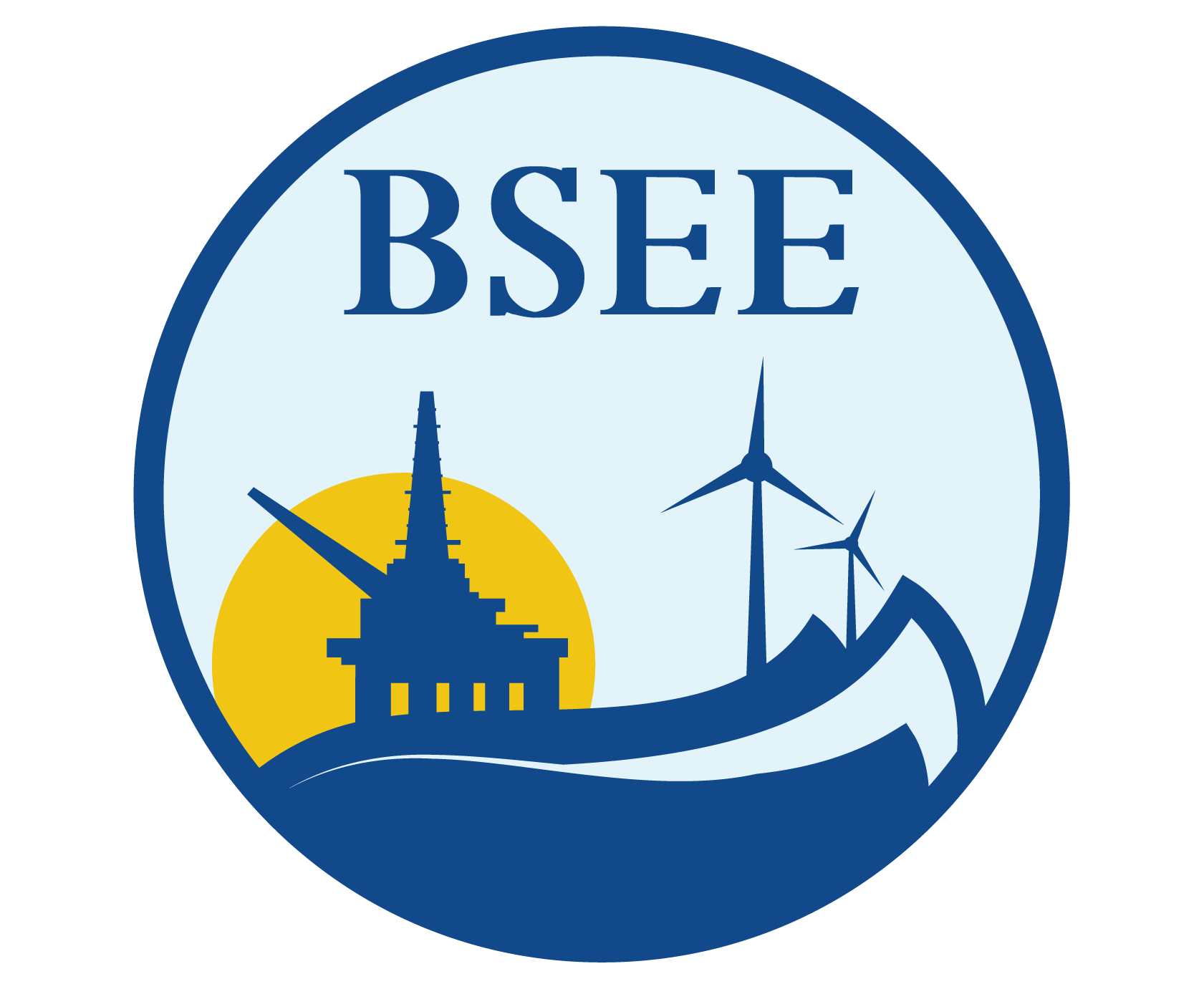You are viewing ARCHIVED content published online before Jan. 20, 2025. Please note that this content is NOT UPDATED,
and links may not work. Additionally, any previously issued diversity, equity, inclusion or gender-related guidance on
this webpage should be considered rescinded. For current information, visit
News Items | Bureau of Safety and Environmental Enforcement.
NEW ORLEANS – The Bureau of Safety and Environmental Enforcement today issued the initial group of violations resulting from the findings of the Joint Investigation on the Deepwater Horizon explosion and oil spill. The violations were issued as Incidents of Non-Compliance (INC); a total of 15 INCs were issued by faxed letters to BP, Transocean and Halliburton.
'The issuance of INCs to BP, Transocean and Haliburton is an important step in addressing the regulatory violations found during the joint investigation. To ensure the safe and environmentally responsible conduct of offshore operations, companies that violate federal regulations must be held accountable,' said BSEE Director Michael R. Bromwich. 'The joint investigation clearly revealed the violation of numerous federal regulations designed to protect the integrity of offshore operations; these INCs are the next step in vindicating the regulatory program designed to protect the interests of the public.'
The Bureau of Ocean Energy Management, Regulation and Enforcement (BOEMRE)/U.S. Coast Guard Joint Investigation Team released its final investigative report on the April 20, 2010, Deepwater Horizon explosion, loss of life, and resulting oil spill on September 14, 2011. Volume II, covering the areas of the investigation under BOEMRE jurisdiction, includes findings on the direct and contributing causes of the Macondo blowout and the resulting explosion and fire aboard the Deepwater Horizon. In Volume II, the JIT summarized the evidence developed during the investigation and concluded that BP, Transocean and Halliburton’s conduct in connection with the operations at the Macondo well violated a number of federal offshore safety regulations under BOEMRE’s jurisdiction. The report is available here.
This is the first time the Department of the Interior has issued INCs directly to a contractor that was not the well’s operator. The decision reflects the severity of the incident, the findings of the joint investigation, as well as Secretary Ken Salazar and Director Bromwich’s commitment to holding all parties accountable.
The INCs issued today address violations of specific federal regulations. BSEE’s Enforcement Program allows for a 60-day appeal period. The INCs will be reviewed for possible imposition of civil penalties once the appeal period has ended.
The following is a listing of the federal regulations and the specific INCs issued to BP, Transocean and Halliburton:
INCs issued to BP
30 CFR 250.107(a)(1) – BP failed to protect health, safety, property, and the environment by failing to perform all operations in a safe and workmanlike manner.
30 CFR 250.300 – BP did not take measures to prevent unauthorized discharge of pollutants into offshore waters.
30 CFR 250.401(a) – BP failed to take necessary precautions to keep the well under control at all times.
30 CFR 250.420(a)(1) and (2) – BP did not cement the well in a manner that would properly control formation pressures and fluids and prevent the direct or indirect release of fluids from any stratum through the wellbore into offshore waters.
30 CFR 250.427 – BP failed to conduct an accurate pressure integrity test.
30 CFR 250.446(a) – BP failed to maintain the Deepwater Horizon BOP system in accordance to API RP 53 section 18.10.3.
30 CFR 250.1721(a) – BP failed to obtain approval of the Temporary Abandonment procedures actually used at the Macondo well.
INCs issued to Transocean
30 CFR 250.107(a)(1) – Transocean failed to protect health, safety, property, and the environment by failing to perform all operations in a safe and workmanlike manner.
30 CFR 250.300 – Transocean did not take measures to prevent unauthorized discharge of pollutants into offshore waters.
30 CFR 250.401(a) – Transocean failed to take necessary precautions to keep the well under control at all times.
30 CFR 250.446(a) – Transocean failed to maintain the Deepwater Horizon BOP system in accordance to API RP 53 section 18.10.3.
INCs issued to Halliburton
30 CFR 250.107(a)(1) – Halliburton failed to protect health, safety, property, and the environment by failing to perform all operations in a safe and workmanlike manner.
30 CFR 250.300 – Halliburton did not take measures to prevent unauthorized discharge of pollutants into offshore waters.
30 CFR 250.401(a) – Halliburton failed to take necessary precautions to keep the well under control at all times.
30 CFR 250.420(a)(1) and (2) – Halliburton did not cement the well in a manner that would properly control formation pressures and fluids and prevent the direct or indirect release of fluids from any stratum through the wellbore into offshore waters.
###
